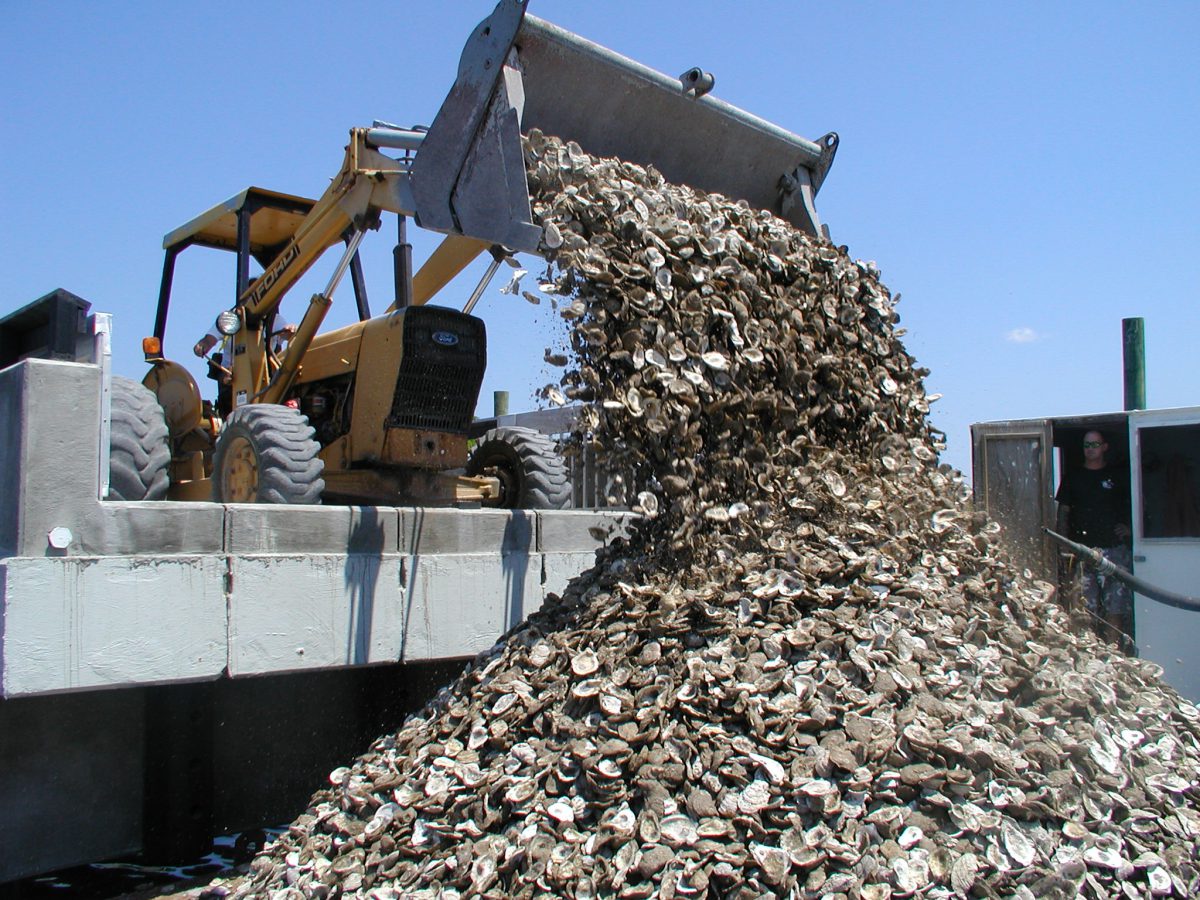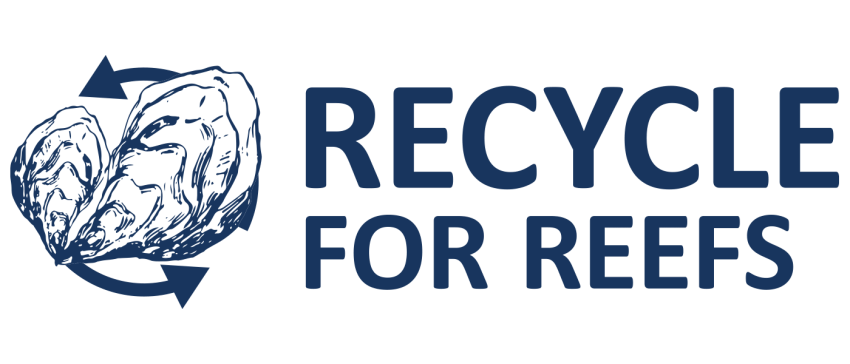
The Coastal Federation is working to restore wild oyster populations by recycling oyster shells and putting those shells back into the water. It’s a critical step in ensuring that North Carolina’s coastal ecology and economy continue to thrive. Shell recycling partners are a crucial part of the Federation’s recycling efforts, and there are several resources available to help support shell recycling.
Did you know?
In the state of North Carolina, it is illegal to dispose of oyster shells in landfills or use them as mulch for landscaping since they are needed for reef building in our sounds.
Oyster Shell Drop-Off Sites
Shell recycling drop-off sites are located at the Coastal Federation’s three regional offices and in the following counties: Brunswick, Carteret, Craven, Dare, New Hanover, Onslow, Orange, Pamlico, Pender, and Wake. Explore the map below, or call us at (252)-393-8185 to find a shell recycling site near you.
At/Near Coastal Federation Offices:
Brunswick County:
Craven & Pamlico County:
New Hanover County/Wilmington:
- Seawater Lane (next to the UNCW Aquaculture Lab), Wrightsville Beach
- Bridge Barrier Road, Carolina Beach State Park
- New Hanover County Landfill
Carteret County:
- Hibbs Road Convenience Site, Newport
- Otway Convenience Site, Otway
- West Firetower Road / Hwy 58 Convenience Site, Swansboro
Pender County:
- Atlantic Seafood Retail Market, Hampstead
Wake County:
- Earp’s Seafood Market, Raleigh
- Locals Seafood Market, East Raleigh Market
Additional Recycling Facilities for Wake County Residents:
Onslow County:
- Hammocks Beach State Park, Swansboro (maintenance area)
- Morris Landing, Holly Ridge
- Onslow County Solid Waste
Dare County:
- Jockey’s Ridge State Park
- Kill Devil Hills Recycling Center
- Kitty Hawk Recycling Center
- The Nature Conservancy at Nags Head Woods
- Wanchese Marine Industrial Park
- The North Carolina Aquarium on Roanoke Island, Manteo
- The Town of Duck, Duck
Orange County:
Please contact a regional shell recycling coordinator for more information: Georgia Busch (Southeast), Nicholas Green (Central), Victoria Blakey (Northeast)
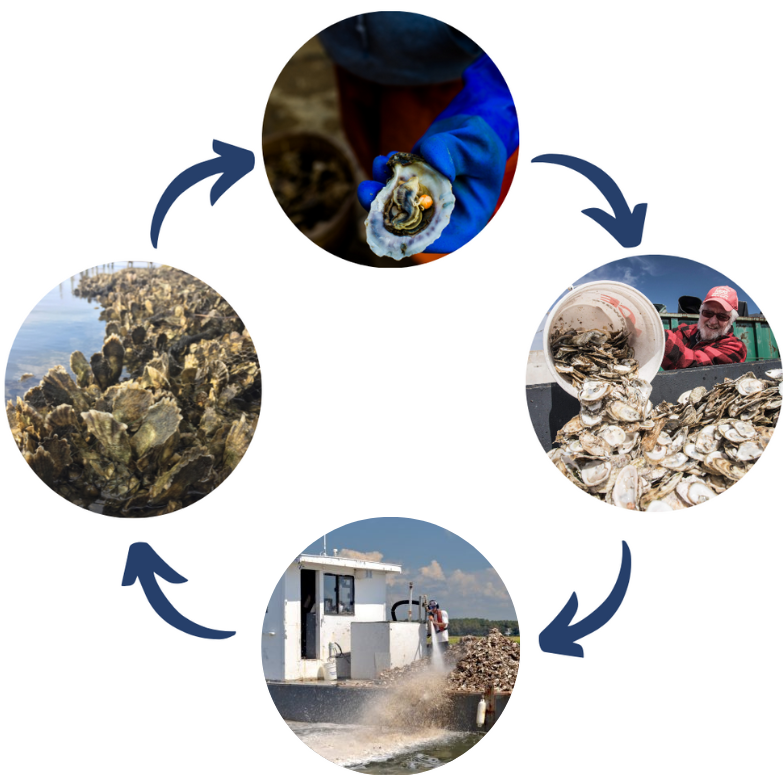
Why Recycle Oyster Shells?
- Oyster reefs are needed in our sounds.
- Shells are used to build or restore oyster reefs.
- Baby oysters attach to reefs and grow more oysters.
New & Restored Oyster Reefs:
- Provide important habitat for fish, crabs, shrimp, and other seafood.
- Reduce sound side erosion.
- Clean our estuaries as more oysters filter the water.
Our Partners






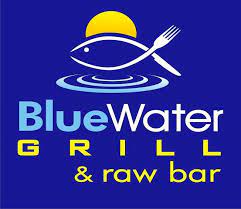

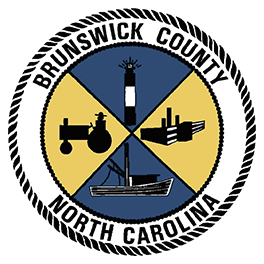



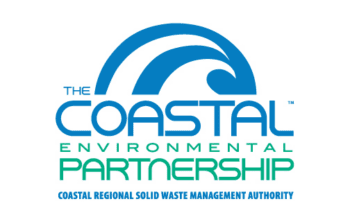


















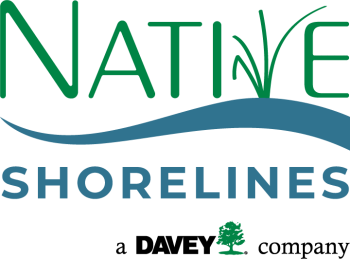
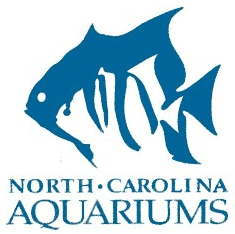
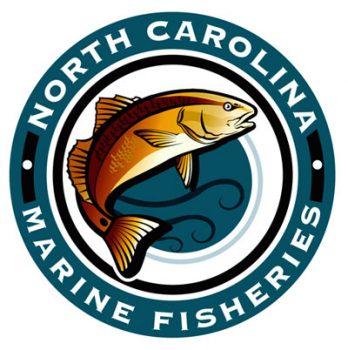



























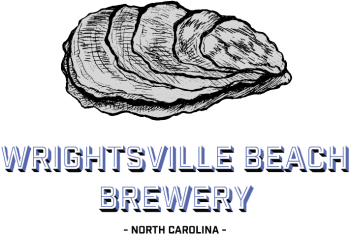
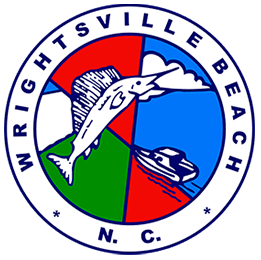
Austin Fish Company | Alantic Seafood | Buddy’s Crab House & Oyster Bar | Thomas Tackle & Seafood
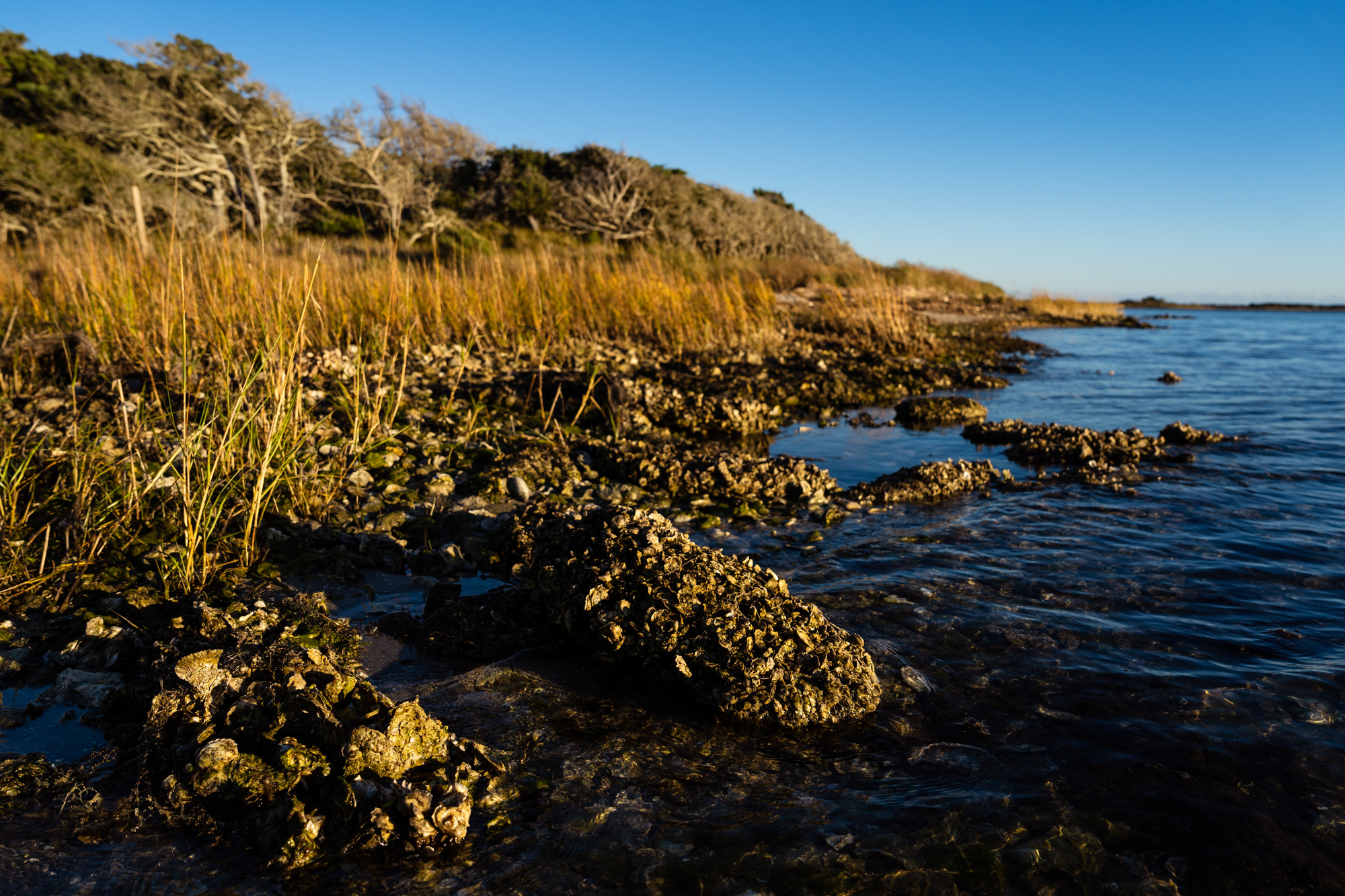
The Restoration Continues
You can support even more oyster restoration by Adopting an Oyster.

